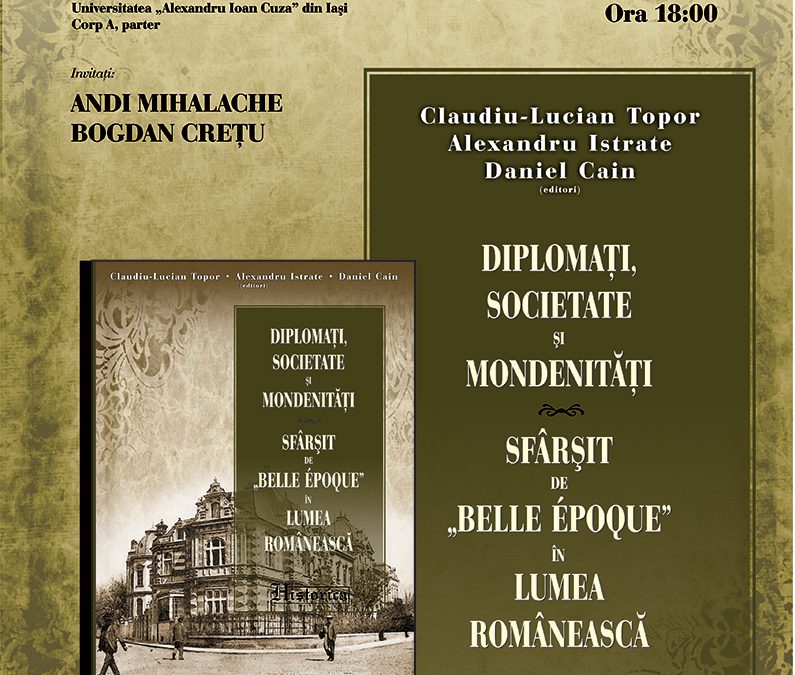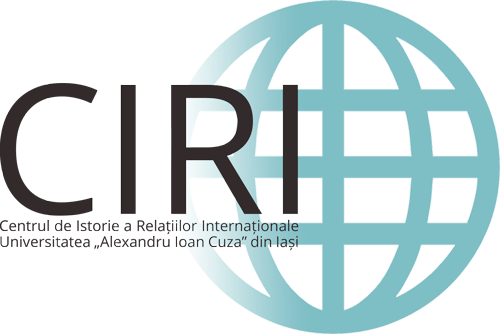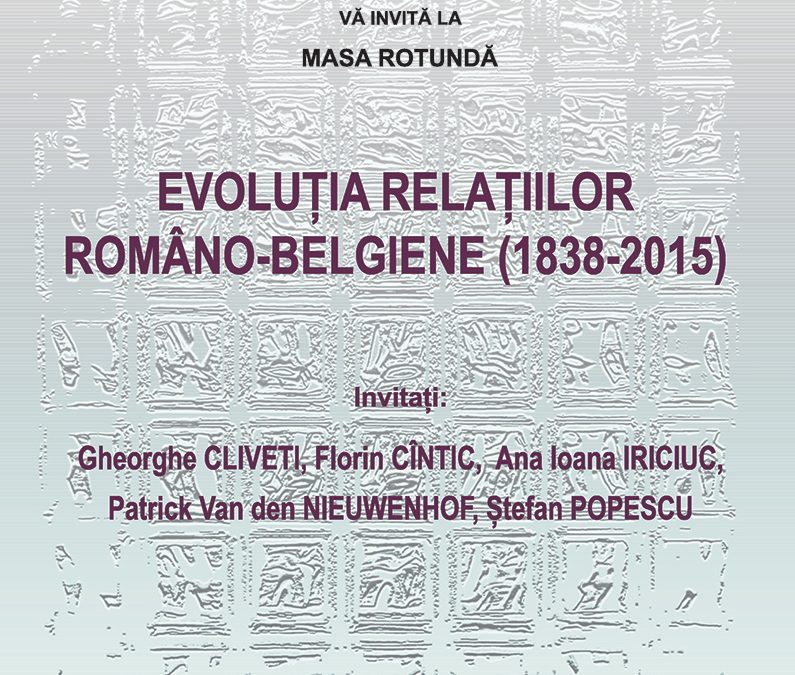

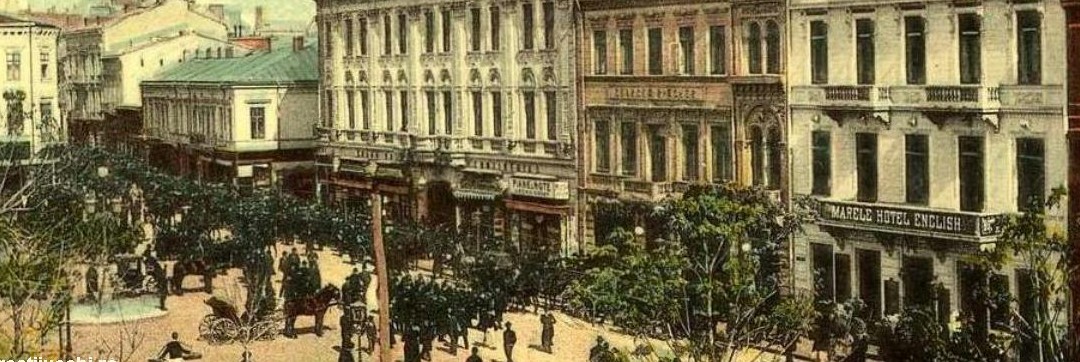
International Conference — The diplomats’ society in the Romanian public space. Perceptions, images and representations in the last decades of the 19th century and the first half of the 20th century
The last decades of the 19th century seem to be a period in which diplomacy acquired, apart from increased professionalism and moderate bureaucratic skill, a definite autonomy of expression in relation to the state. This is the interval in which diplomats exercise a certain influence on society and start adding value to their actions, sometimes above and beyond the directions given by foreign ministers. Diplomats act according to shared norms, recognize themselves as an epistemological community and form a society based on principles and values. The diplomats’ society must not be mistaken for the extension of protocol rules and customs at European and world level. It involves a kind of uniformisation that underpins, beyond the war, in the emergence of the new diplomacy, due to a shared feeling of belonging that generates behaviours and attitudes stemming from observation rather than from education or training. The diplomatic corps is the legal entity expressing itself according to pre-established rules, while the diplomats’ society is the sum of knowledge defining human, rather than professional, interaction.
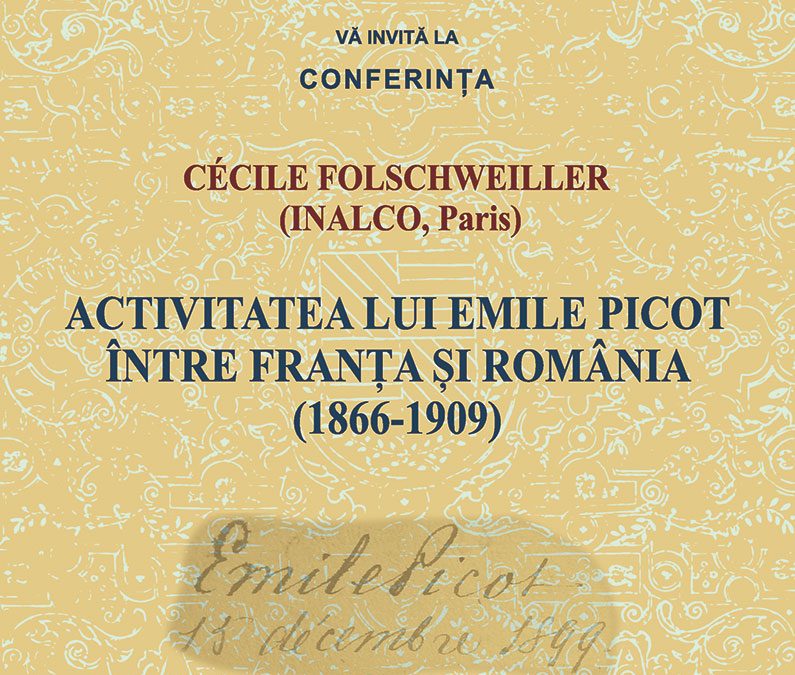
Conferință CIRI: Cécile Folschweiller — Activitatea lui Emile Picot între Franța și România (1866-1909)
Joi, 22 octombrie 2015, începând cu orele 13:30, în Sala H1 a Corpului H (Casa Catargi), CIRI organizează prima conferință din acest an academic, intitulată Activitatea lui Emile Picot între Franța și România (1866-1909) și susținută de dr. Cécile Folschweiller,...